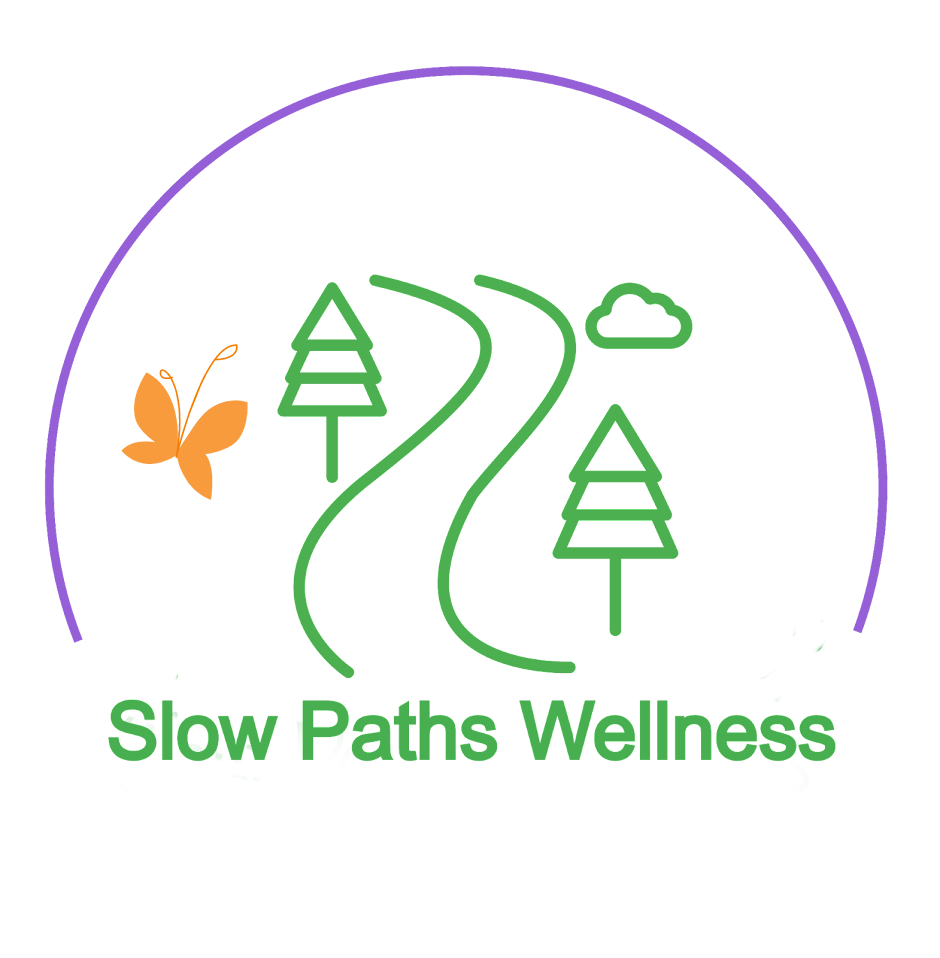 |
| Photo Credit: Stock Xchang |
I am an acupuncturist. My training is in Chinese medicine, which emphasizes giving your body what it needs to live in harmony with your environment. It's surprising to me how often I'll ask a new patient about their diet, and she will say "Oh, I eat very healthfully. I eat a bunch of salad, almost no fat, and only drink diet sodas." I'll tackle the low-fat and diet drinks another time, but today I'd like to focus on the salad.
In Chinese medicine, we teach that your lower torso area holds your "pilot light"--the dan tian in front and the ming men in back. While they are different areas, their function is similar. They provide the foundation for both yin (the body's cooling, calming, sleeping, peaceful energy) and yang (the body's warming, active, moving energy). Our day-to-day energy comes from a combination of Congenital Qi (the energy we inherit from our parents, which acts as our reserve energy in times of excessive stress or work, and Acquired Qi (the energy we get from food, the air, and the functions of our various organs). Two major sources of Acquired Qi are the energy we get from food, and the energy from the Spleen/Stomach system that digests the food.
In order to maximize the benefit of our food, we must digest it properly. If it is hard to digest, we will use too much energy trying to break it down. So we will either tire easily, or we will do a halfway job of digestion. When you don't digest food completely, you make extra phlegm, which can show up as cholesterol build-up in your arteries or as simple congestion in your nose and throat. Poor digestion can also cause problems up-and-down your digestive system--everything from acid reflux to Irritable Bowel Syndrome, or food intolerances.
So how do you digest your food well? By eating good, wholesome, natural food--that is cooked and warm. It is true that if you take a raw carrot and a cooked carrot and analyze them in a laboratory, you may find more nutrients in the raw carrot. However, there is more to consider in choosing how to eat your food. Raw food is hard to break down into its composite nutrients. It does not add warmth to the body. Cold food--whether a salad or a milkshake--is hard to digest. So if your body is already struggling with making enough energy to thrive each day, trying to digest cold or raw food limits the energy you get from food. You will also actually have to dip into your reserves--your Congenital Qi. Anything that dips into your reserve energy is a serious health concern, because that energy is hard to regain once lost.
So raw food is never a good idea. But in cold weather--the nice crisp weather of fall and winter--it is even more of a problem. Your body needs extra energy to warm itself in cold weather. When it gets too cold, qi, or energy, cannot move well. Muscles tighten and hurt, digestion slows down, energy retreats deeper into your body, numbing your extremities. The cold also "tightens" emotions--when qi cannot flow, the body systems that process emotions do not work well. Many people find themselves becoming depressed, apathetic, or easily frustrated.
The simple act of eating warm food--all year long, but especially in the cold months--will make a huge difference to health. A belly full of a healthy warm meal feels content. Contentment leads to a peaceful feeling, which reduces stress. Cooked food is less work to break down, so your body gets the benefit of it immediately. The warmth relaxes your torso, improving back and neck pain. Warm food also assists digestion, diminishing the chances of gas, bloating, constipation, or pain in digestion.
If you are not used to eating mostly cooked food, I suggest choosing two weeks and trying it religiously. Have nothing cold--no iced drinks, no salad, no ice cream. Drink plenty of hot liquid--tea, hot water with lemon, brothy soups--and have wholesome meals that are warm. At the end of two weeks, most people feel improvement in their overall health--fewer pains, better digestion, a more peaceful mind. Give it a try and let me know what happens!

